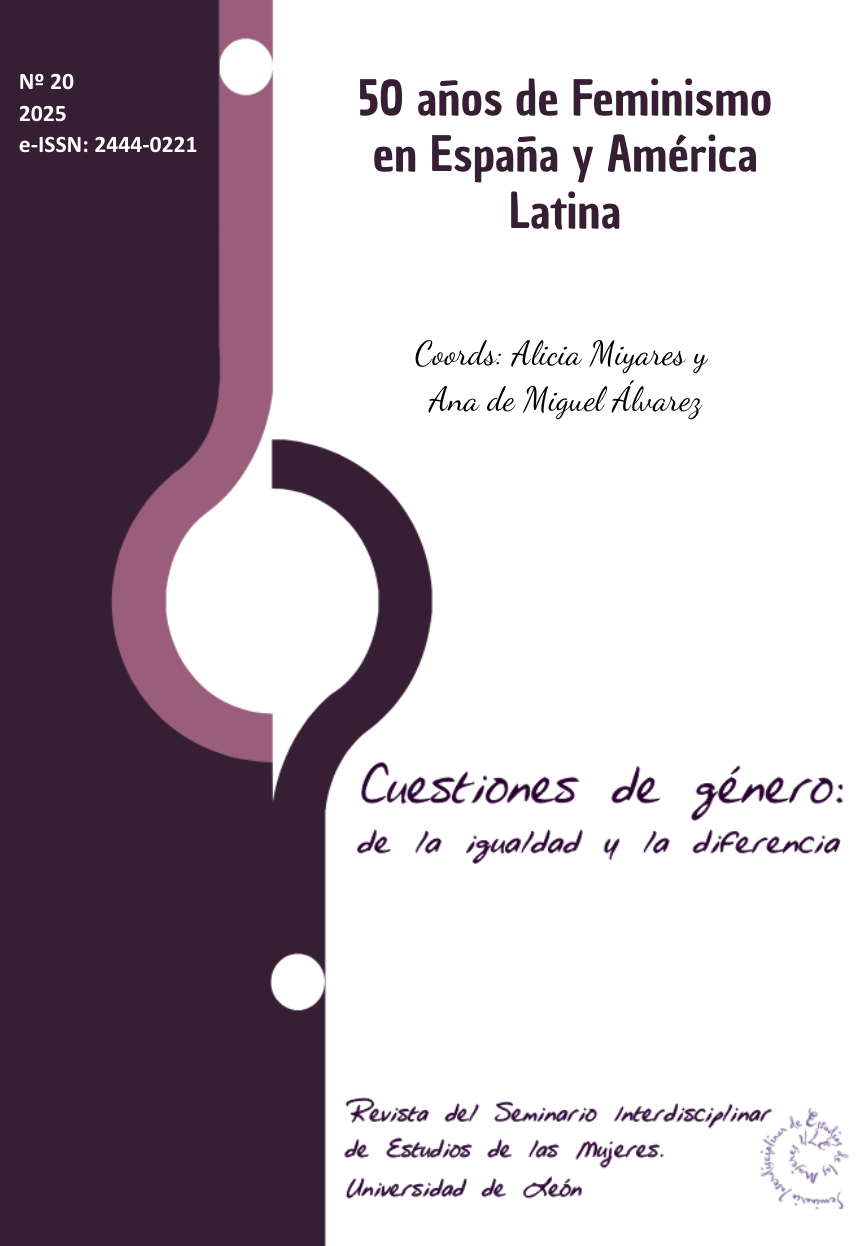Cuestiones de Género awarded the FECYT Quality Seal | Call for Papers
 Dear researchers,
Dear researchers,
We are pleased to share an important milestone for the journal Cuestiones de Género: de la igualdad y la diferencia.
The journal has been officially awarded the FECYT Quality Seal, granted by the Spanish Foundation for Science and Technology, recognizing the scientific quality, editorial standards, and rigorous peer-review processes of academic journals.
This distinction represents significant recognition of the collective work developed over the years by the editorial team, the members of the Scientific Committee, and, especially, by the authors who have entrusted their research to our journal. It also reinforces Cuestiones de Género's commitment to academic excellence, editorial transparency, and the dissemination of critical knowledge in the field of gender studies.
Obtaining the FECYT seal consolidates the journal as a leading platform for publishing rigorous and innovative research and encourages us to continue promoting the submission of high-quality scientific work.
Read more about Cuestiones de Género awarded the FECYT Quality Seal | Call for Papers











